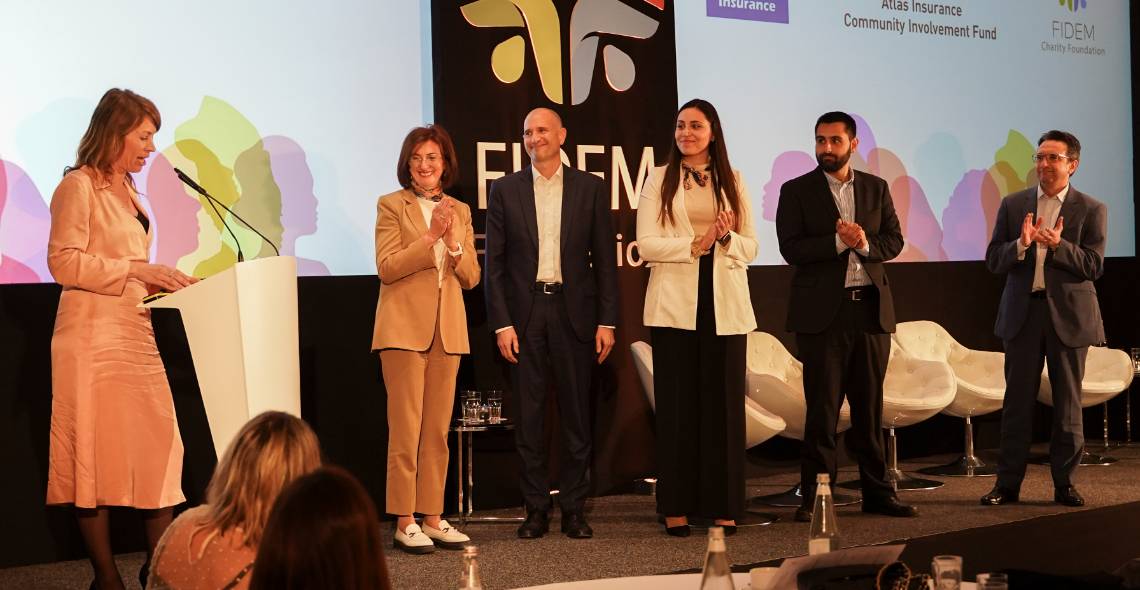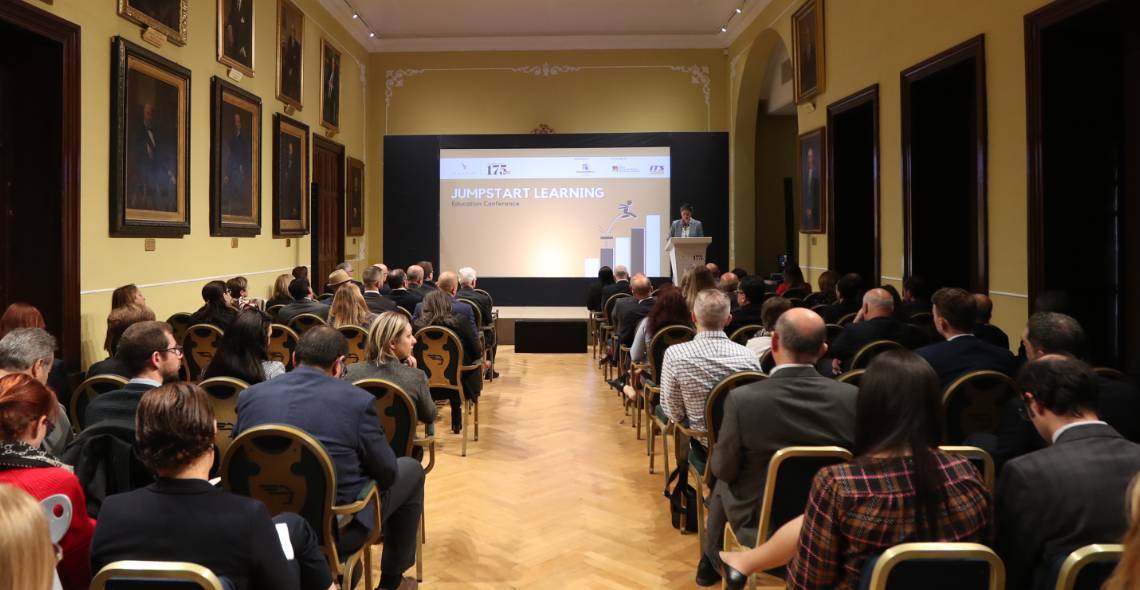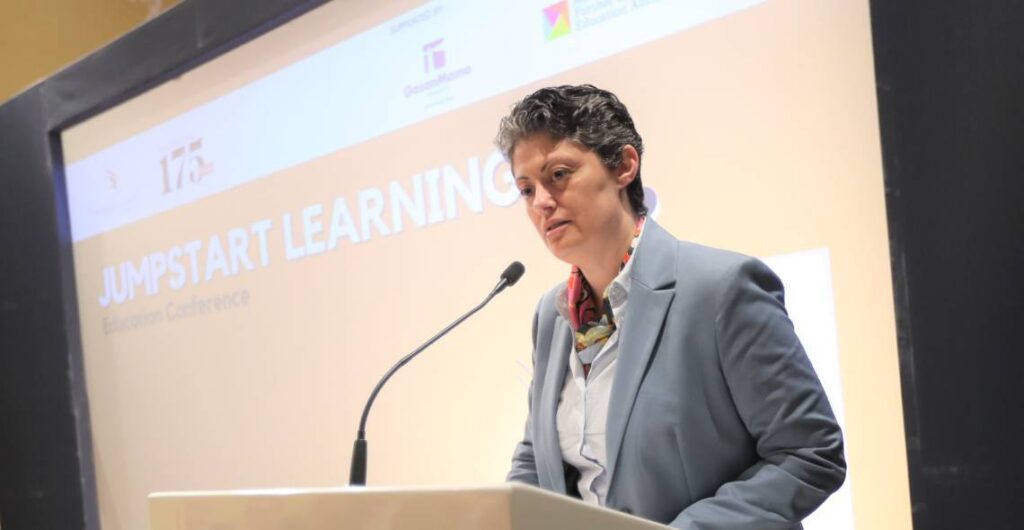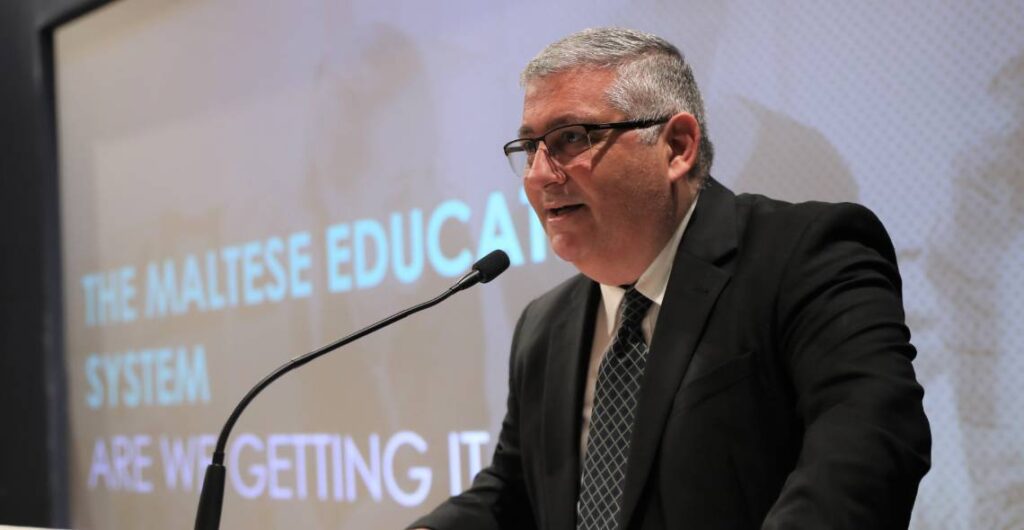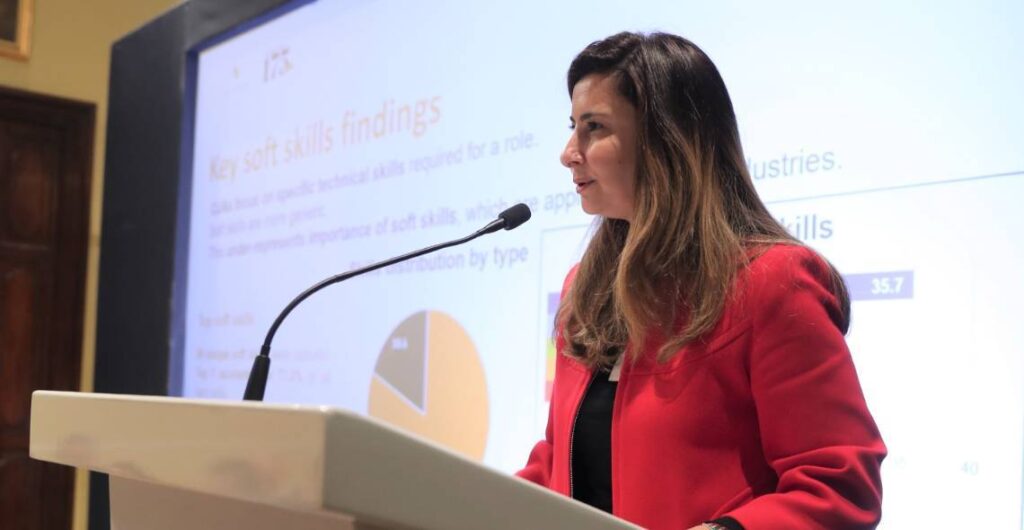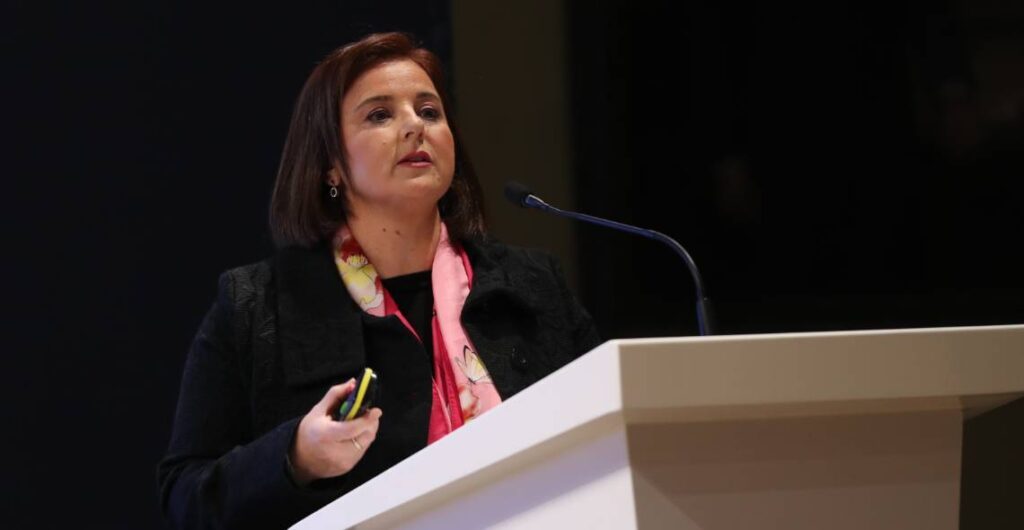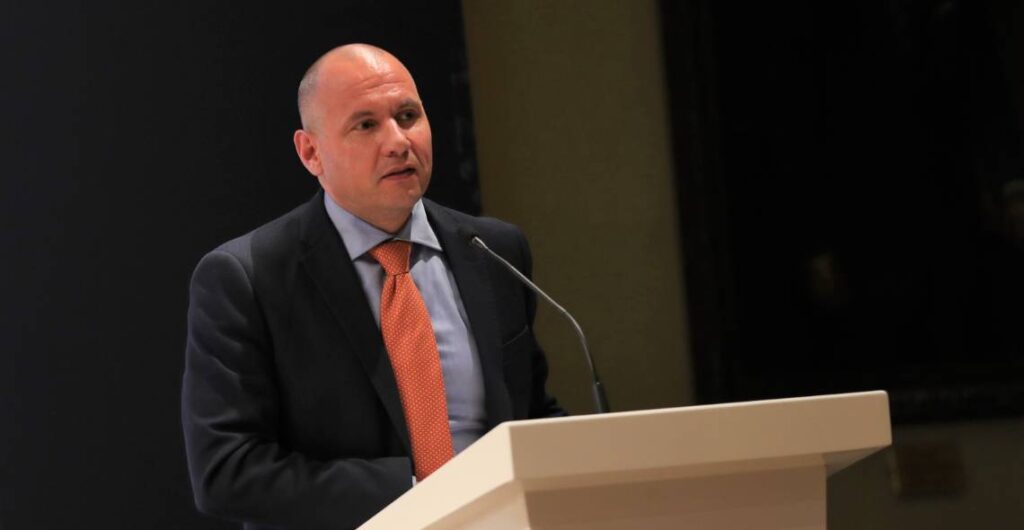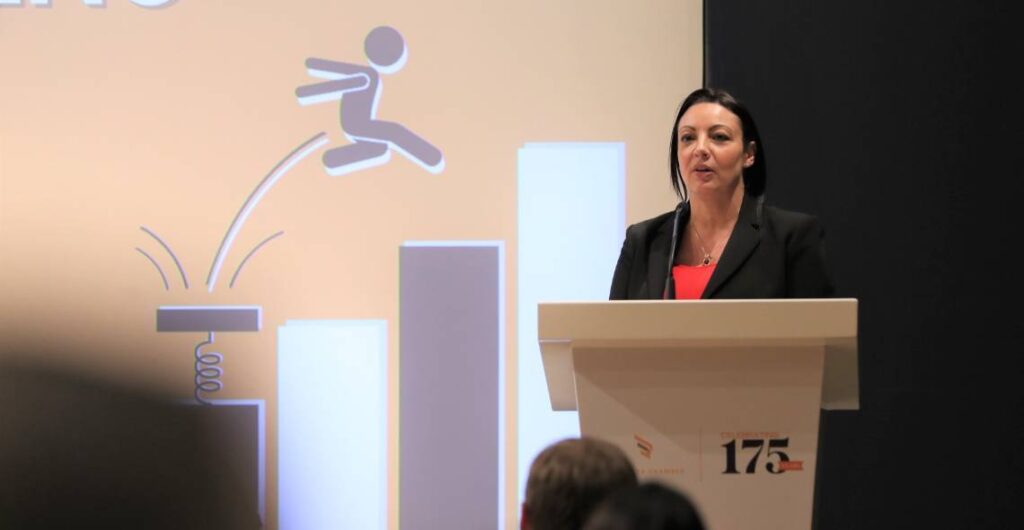This proposal seeks to harmonise and streamline the framework for data generation and data sharing on short-term rental accommodation services across the EU.
On the 13th of March the Malta Business Bureau in collaboration with the European Parliament Liaison Office (EPLO) held a Business Session on the EU Short-Term Rentals Initiative (STR) at Dar l-Ewropa in Valletta, with special guest MEP Josianne Cutajar who is Rapporteur for the European Parliament’s Transport and Tourism Committee. Short-term accommodation rental services have existed for many years alongside conventional accommodation providers such as hotels. However, their popularity has surged in the EU with the rise of the platform economy. Despite the positive opportunities created for tourism activity in general, a number of challenges became prominent affecting hotels, local communities and public authorities.
Dr Mario Sammut, Head of the EPLO delivered the welcoming speech, noting the importance of dialogues such as the ones taking place today. They present an opportunity for stakeholders to voice their views and concerns to MEPs, at a stage when there is still an opportunity to amend legislative proposals.
Ms Alison Mizzi, President at the Malta Business Bureau, joined Dr Sammut in introducing the topic as she stated that, ‘’to manage this economic activity better, public authorities need to be well-equipped with data on short-term accommodation rentals to be able to develop evidence-based policies and for better law enforcement. The lack of uniformity that is currently being experienced on the market is impacting the good functioning of the European Single Market. This is why the European Commission proposed the Short-Term Rental Initiative’’.
An overview of the main elements of the proposed legislative framework was presented by Ms. Christine Said, Policy Executive at the Malta Business Bureau. It was explained that this proposal seeks to harmonise and streamline the framework for data generation and data sharing on short-term rental accommodation services across the EU.
The presentation was followed by a keynote speech on the topic given by MEP Josianne Cutajar who is Rapporteur for the TRAN committee at the European Parliament on this proposed legislation. MEP Cutajar emphasized that the Short-Term Rentals Regulation must take into account all key players within the sector. The proposed rules will improve transparency and the collection and sharing of data from hosts and online platforms, whilst giving public authorities a strengthened legal backing to access beneficial data. Such data will assist local authorities to address the challenges brought about by the online short-term rental market, better responding to the travellers’ and the locals’ concerns, whilst helping them to ensure that the quality of our touristic product is maintained and a more sustainable tourism ecosystem achieved. This will allow consumers to continue benefiting from a wide range of accommodation options with better peace of mind and for legitimate and traditional accommodation providers to compete on a more level playing field within the market.
Several local and EU stakeholders were invited to provide their reactions to the Short-Term Rental Initiative.
Mr. Andrew Agius Muscat, CEO of the Malta Hotels and Restaurants Association highlighted that the platform economy is a product of the internet and social media. Since its inception, the MHRA has read the signs of the times and accepted that this new form of accommodation provision was here to stay. Instead of fighting it, we called for policy frameworks to correct it. The proposed STR initiative is a much-needed concrete step in achieving a level playing field in the tourism industry and more specifically the accommodation sector. It’s high time that the EU acted on this front. In the meantime, it is important that the public authorities keep pursuing the right enforcement measures to ensure that our tourism product is protected.
Mr Kevin Fsadni, Deputy CEO at the Malta Tourism Authority reassured that the technical capabilities required of short-term accommodation hosts would be supported by clearer guidelines and specifications. He also commented that creating a level playing field is not enough as it is important for local authorities to ensure and support a proportional enforcement of the law.
Ms. Julia Aquilina, Policy Executive at The Malta Chamber said that the Short-Term Rentals Initiative goes beyond direct tourism, as it effects the entire community. She said this is a priority for The Malta Chamber, as we believe that quality is a principle that needs to be in every element of the tourism supply chain. She further highlighted three crucial points that are important to businesses in line with the Short-Term Rentals Initiative: (i) the streamlining of legislation to ensure there are no gaps within policy; (ii) the importance of simplified data sharing and (iii) ensuring clear guidelines and a structured framework.
The event was also addressed by Mr. Matej Zezlin, Public Affairs Manager at HOTREC, who shared HOTREC’s views on the proposal from a European hospitality perspective.

